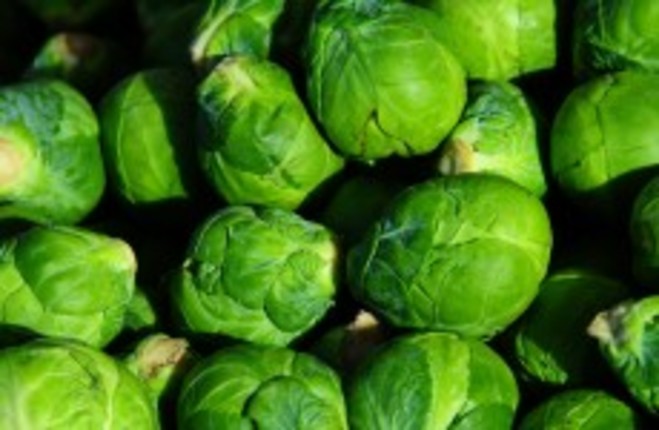WE ALL KNOW SOMEONE who we think is a picky eater – someone who only eats beige food, despises peas, or goes nuts at the thought of their ketchup touching the rest of their food.
But we’re wrong, it seems, to spite those people as merely being grumpy or needlessly fussy about their diets – because new research suggests that rather than being tough to please, it’s because those people have a previously unrecognised illness: Selective Eating Disorder.
LiveScience reports that researchers began investigating the finicky eating habits of adult eaters after they encountered dozens of new parents, worried that their own choosy eating habits make it difficult for them to appear as decent role models – while others became genuinely concerned that their fussy tastes meant they weren’t getting proper nutrition.
After research at the Duke Centre of Eating Disorders in North Carolina, scientists now believe their findings indicate that rather than limiting themselves to a narrow diet of foods (who, commonly, were fans of bland and processed, salty foods like bacon and crisps) out of gastronomic crankiness, ‘fussy eaters’ are, in fact, ‘supertasters’ - tasting certain flavours more acutely than the average person.
The logic goes, therefore, that people who taste things more specifically and can discern different flavours more easily, are more likely to be repulsed by foods the rest of us find ‘normal’, or largely tasteless – and so when they find foods that are pleasing to their palates, they’re more likely to stick with them.
A full decision on whether the newly-diagnosed Selective Eating Disorder will be made in 2013, when the American Psychiatric Association issues new guidelines on recognised disorders.


